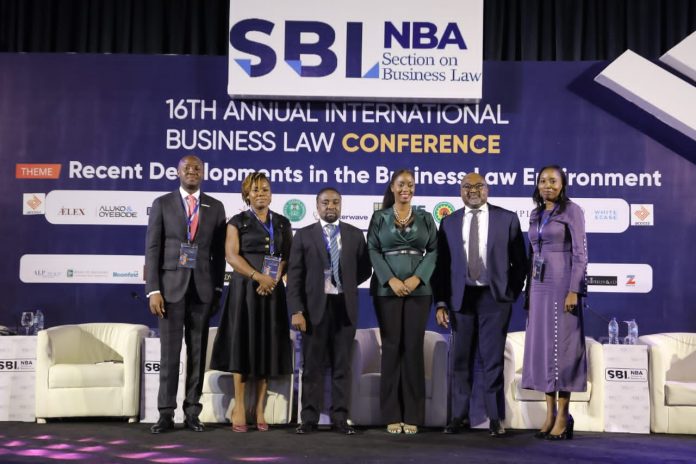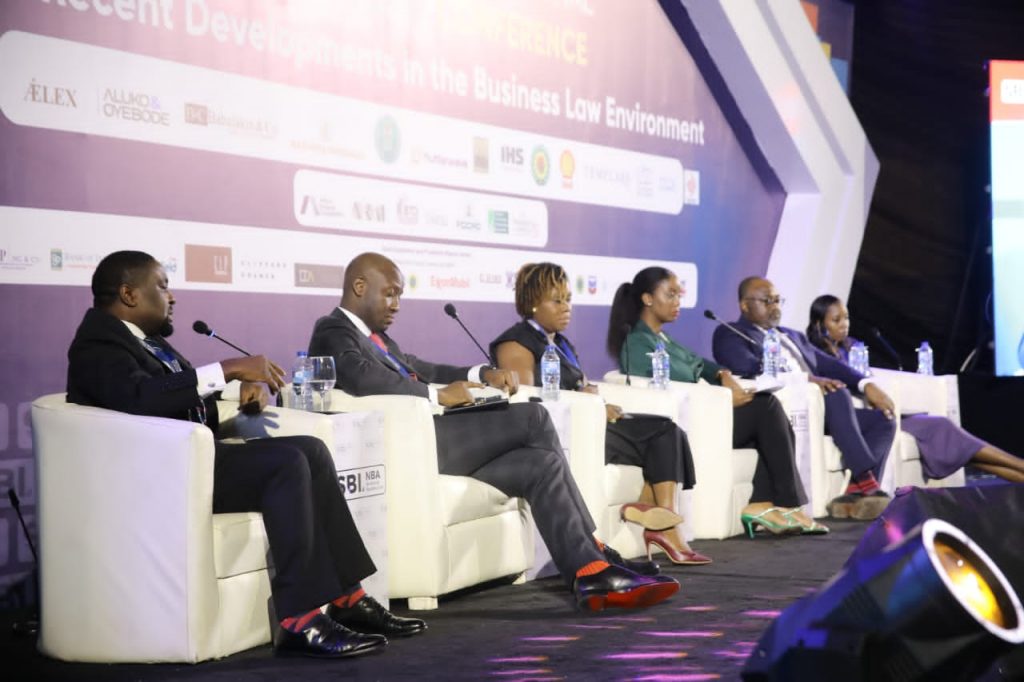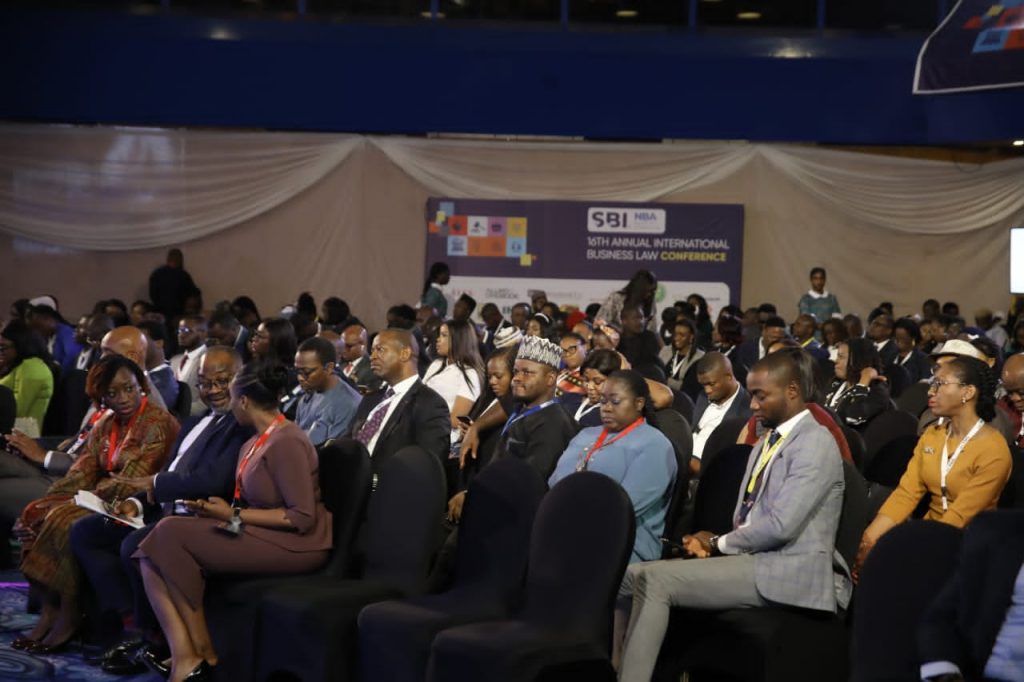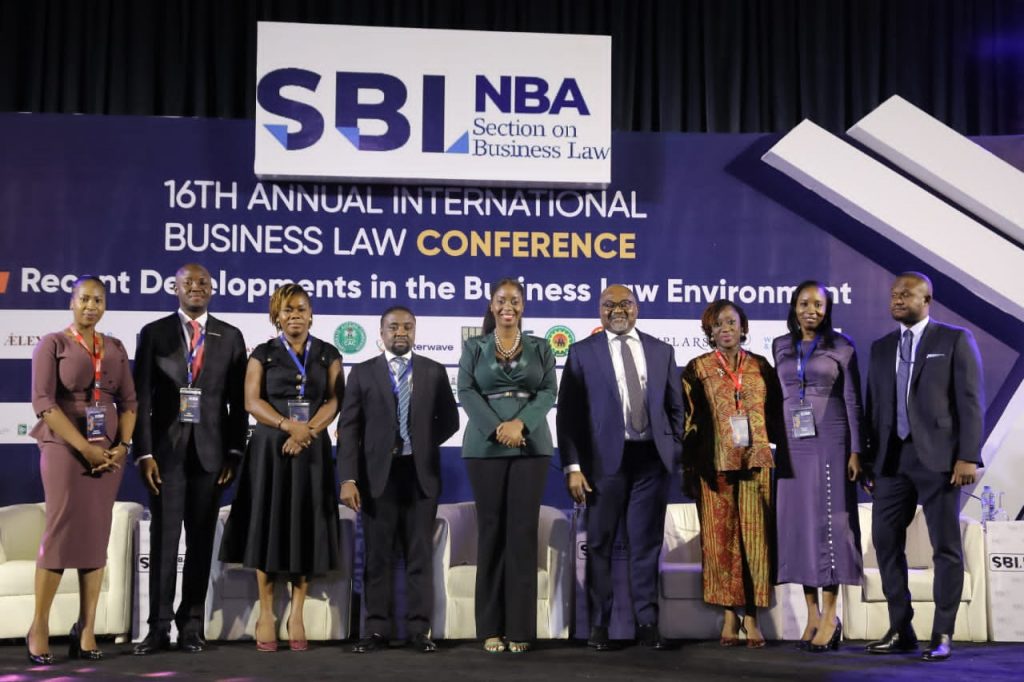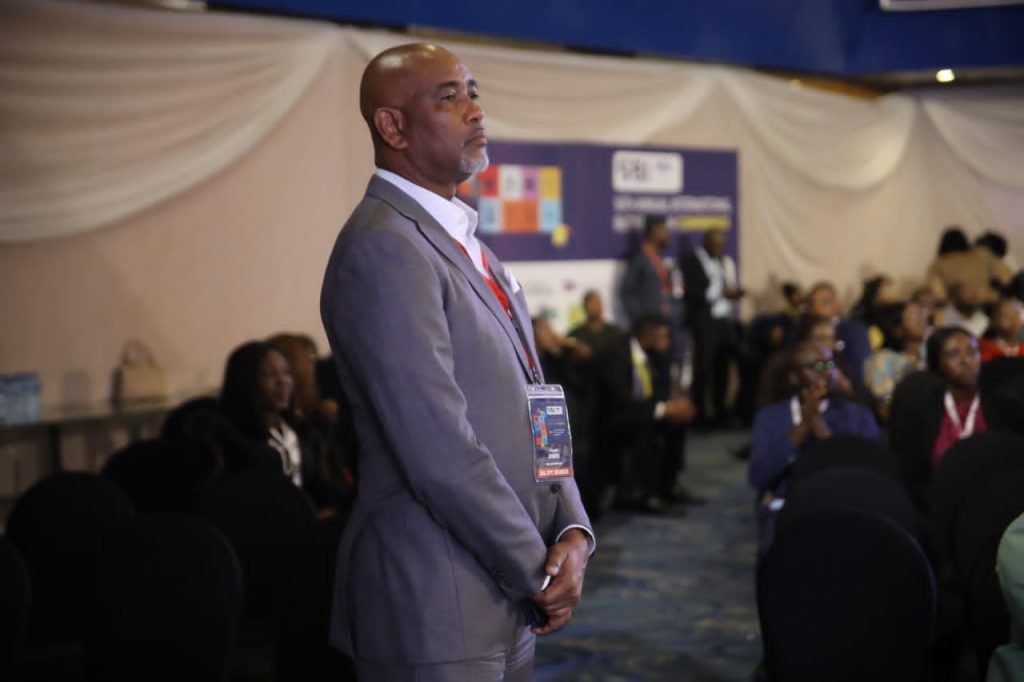The 9th plenary session at the Annual Conference of the NBA Section on Business Law (SBL) in Abuja was an upbeat affair, as panelists expressed their optimism at the opportunities afforded aspiring entrepreneurs and Medium and Small Scale Enterprises (MSMEs) in Nigeria by the Nigeria Startup Bill 2022. The Bill, which was passed by the Nigerian Senate on Wednesday, July 20, 2022 seeks to provide an enabling environment for the establishment, development and operations of tech-driven startups in the country.
Among others, the Bill, which is a joint initiative by Nigeria’s tech startup ecosystem and the Presidency in a bid to harness the potentials of the country’s digital economy through co-created regulations and bridge the engagement gap between startups and regulators, will create a National Council for Digital Innovation and Entrepreneurship. With its passage by the Senate, Nigeria moves closer to a law that will accelerate the growth currently being witnessed in the country’s tech ecosystem.
According to NEWSWIRE Law and Events Magazine’s correspondent in Abuja, the panel that sat to consider the topic ‘The Nigeria Startup Bill: An Economic Enabler’ was moderated by Davidson Oturu, a partner at the law firm of Aelex, and comprised of Kasim Sodangi, Head, Strategic Alliances at Superbrands and a former official at NITDA; Adaeze Sokan, Country Director of the UK-Nigeria Tech Hub; retired Col. Felix Alaita, a Senior Special Assistant to the President on Country Risk, Assessment & Evaluation; and Musa Alibaba, CEO at Teasy Mobile Money International.
In their contributions, Sodangi and Sokan described the NSB as a measured bill with the ability to assess current needs and avoid dissonance amongst extant laws and regulations. They gave an extensive overview of the trajectory of the bill, whose provisions include a Startup Support Engagement Portal and a Seed Investment Fund.
The problem of dissonance was one that, according to Ali Baba, had inhibited the operations of startups in the past, with too many laws and zero filters. On the contrary, he said, the new Bill will eliminate the risk of supporting aspiring startups in the eyes of financial institutions.
This view was corroborated by Col. Alaita, the presidential adviser, who reminded the assembled delegates that globally, at least 75% of startups fail between the formation and scaling-up stages (unless sustained by the proverbial ‘Friends and Family’ support funding, and even in spite of that!) Government’s aim in supporting the NSB, he added, is to be the ‘Family and Friend’ provider of seed funding that would see the startup through its teething stages – though not throughout its lifetime, as some might expect.
One thing the Bill guarantees, the panelists agreed, is optimum reward for collaborations between industry players – as far as accessing financing and protecting intellctual property, etc are concerned.
On the question of whether the NSB will benefit rural-based startups, as raised from the floor during the Q&A session, Sokan informed the house about the existence of ‘State Champions’ designated to coordinate and actualise the NSB’s provisions at sub-national level.
THE BUSINESS OF LAW: New Frontiers & Succession
The other session with a future-oriented focus was moderated by Kemi Ajayi, Chief Operations Officer at the law firm of Banwo & Ighodalo. Her panel comprised of Reginald Udom, a partner at the law firm of Aluko & Oyebode; Dolapo Kukoyi, Managing Partner at the law firm of Details Commercial Solicitors; Chike Obianwu, a Partner at Templars and Chair of the Conference Planning Committee for this Conference; and Olabode Olanipekun.
NEWSWIRE Law and Events Magazine’s correspondent at the Transcorp Hilton venue of the SBL Conference reports that in the course of a lively and wide-ranging discussion, the panelists agreed that enbancing the business side of the legal profession, and sustaining that business beyond the lifetimes of company founders and first-generation personnel, depended on a host of factors, among which were:
- the ability to manage retirement (an ability that, according to Templars’ Obianwu, eluded many in his father’s generation) by developing a predictable retirement path and training successors in the requisite skills needed to run the business, not just practice the profession;
- the readiness and ability to take advantage of the internationalisation of legal services;
- the willingness to be truthful to one’s reality. This, according to Olanipekun, means holding on to time-tested values even while adapting to ever-changing market and social trends.
- having a market-driven business mindset, meaning that the firm must constantly tool up, build skills and be ready to compete at the highest level.
On the thorny issue of persuading top-grade young talent to stay (in the face of the growing tendency by many young Nigerians, including lawyers, to ‘japa’ to greener pastures abroad), the panelists agreed that there were no easy answers. The best one can hope for, in the view of Kukoyi, is to make them buy into your vision as a leader – a vision in which they see themselves and their glorious future.


